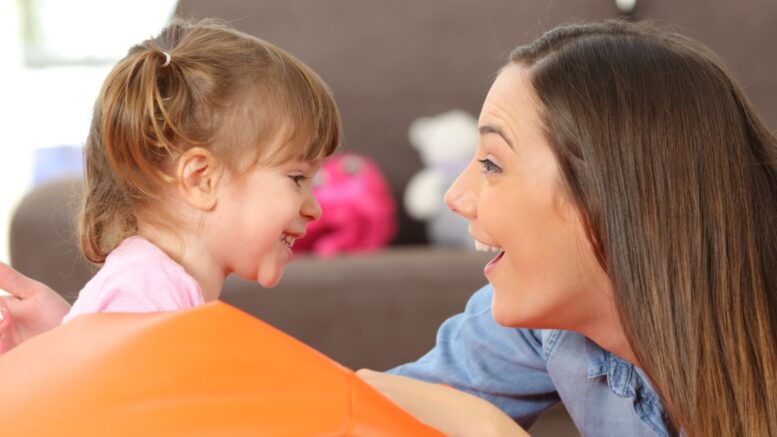Early childhood is every kid’s most crucial period of developing communication skills. It’s when they start learning new words and building social connections outside the home.
Communication is the foundation in nourishing your child’s relationship with family, friends, playmates, teachers, and other people they’ll meet. As they talk more, they will also develop self-confidence leading to better self-expression.
That said, here are seven ways to help develop your kid’s communication skills:
Ask Questions Frequently
Asking questions creates meaningful conversations. It also activates kids’ critical thinking skills, improving their learning capability.
Open-ended questions support better storytelling. Questions start with how and why allow kids to enhance their reasoning abilities. Their answers may be a little vague at first, as they may run out of words to say. However, it’s the perfect moment to suggest suitable words and widen their vocabulary.
Frequently asked questions also help gauge your child’s current ability based on age-appropriate developments. You may also consider early childhood intervention services to provide ample support for your kid’s everyday learning journey.
Listen Actively
Actively listening to your child is essential to determine their needs. It’s also the best way to maintain and enrich your bond. When your kid knows you’re always there to listen, they’ll feel safe to talk about what’s on their mind.
Listening to your child’s stories, questions, and complaints aids better understanding leading to deeper connection. Making your kid feel understood creates a space conducive for constant communication, allowing them to speak freely.
Furthermore, active listening teaches them to do the same for you and other people. It emphasizes the value of comprehending messages to formulate an appropriate response.
Avoid Baby Talk
New research says that baby talking is one of the common causes of slow language development in toddlers and preschoolers. It seems cute and harmless to talk to them through babbles and mumbles. However, it can negatively affect how they communicate and learn.
When talking to kids, it’s best to use proper words, grammar, and pronunciation. For toddlers, you may slow down a little to make sure they comprehend. It takes a lot of patience to talk to your child appropriately, but you’ll notice the progress over the weeks.

Teach New Words
Teaching new words can significantly impact a child’s communication skills. As they encounter new objects and experiences, they will have new words to call and describe them.
One way to teach your kid new words is through the tactile method. Let them touch and hold simple items like fruits, vegetables, and everyday items like a pillow, blanket, shirt, and more. It’s also the best time to get them associated with colors, shapes, and textures.
Another fun way to teach a child some new words is by bringing them outside. Go to a park, zoo, and garden. Let them explore things and name them one by one. You may also ask them to describe what they see.
Practice Non-Verbal Cues
Effective communication is more than just words. It requires non-verbal cues like hand gestures and facial expressions to clarify the messages.
Practicing non-verbal cues while talking to your kid will help them understand what you mean. For toddlers, you may even add more actions to demonstrate an instruction for a simple task. They can also remember words and their meanings more effectively by associating them with particular activities that spark their interest.
Describe Objects And Emotions
Letting your kid describe the objects and events around them enriches their vocabulary. There’s always something new to encounter, making every day a learning journey.
Aside from describing tactile objects, it’s also ideal for helping your child explain how they feel about a specific phenomenon. For example, you can ask how they feel about rain. Does it make them feel sad or happy? Are they afraid of thunder and lightning? Why or why not?
These questions allow for better self-expression. Your child may use simple words or associate what they feel with an object they’re familiar with. For instance, a kid may say rain is cold because water is cold. This simple connection enables them to compare similar things and discover how they’re different.
Use Positive And Respectful Language
Young children learn by imitation. They say and do what they observe. This is why being a parent requires setting a good example for your children to follow.
Using positive and respectful language instills good values in children with effective communication. Teaching them simple phrases like ‘thank you’ and ‘please,’ helps build their character as they grow up.
For example, you can ask them to do simple tasks like picking up a toy. Asking them with respect by saying, ‘Please pick up your toy,’ and saying ‘Thank you!’ after doing the task. This way, you’re teaching them respect and gratitude.
Conclusion
Guiding your kid during their crucial formative years is imperative for their overall development. You must be hands-on to ensure they’ll grow equipped with communication skills and good moral character.
